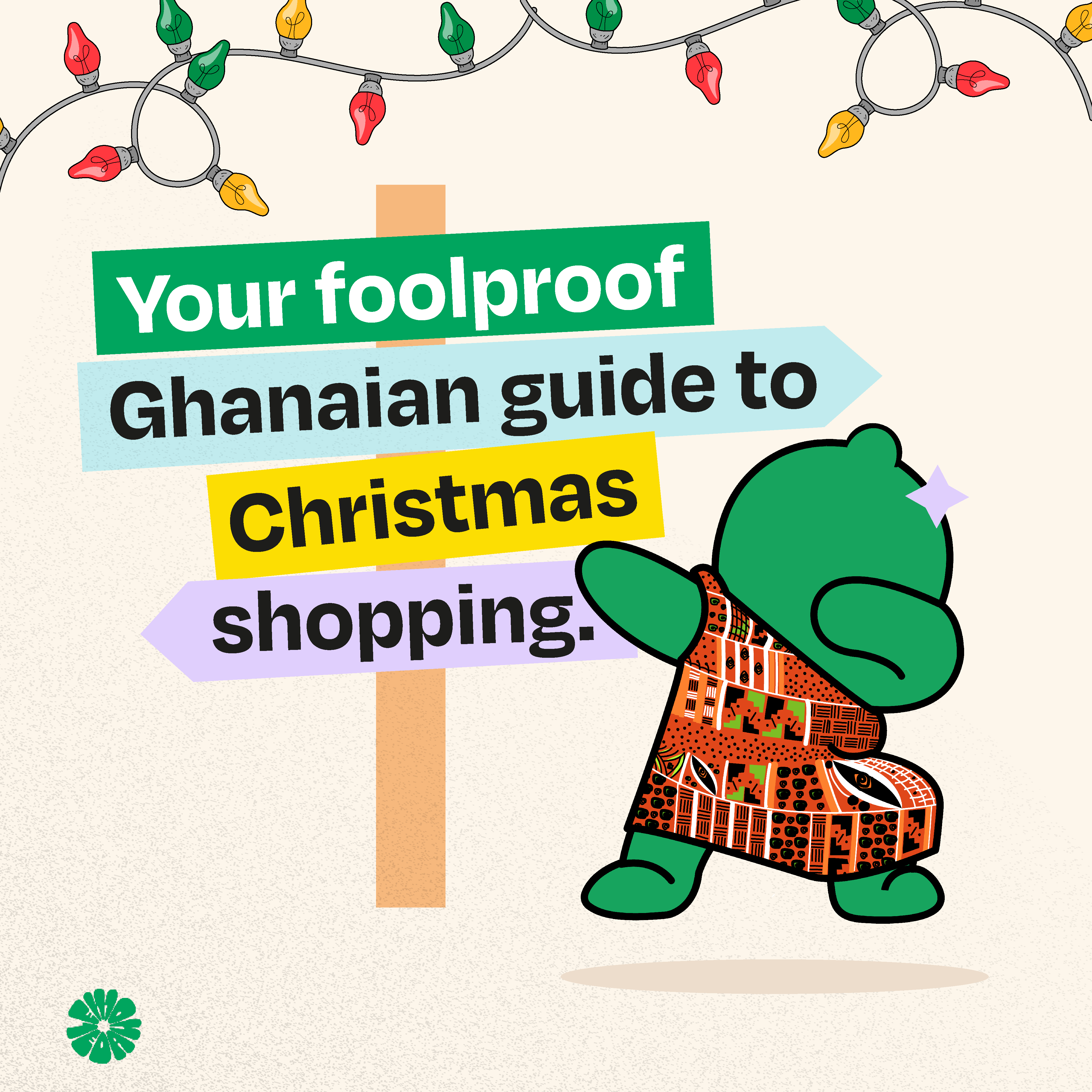All brown-skinned girls have shared experiences. Our hair is styled the same, we all have that fancy dress that’s only for special occasions and we all love a good ol’ fairytale romance. When we watch “Emily in Paris”, we see bits of ourselves in Emily–even though that babe lowkey stresses me!
This week, I spoke to young women from Ghana, Kenya and Nigeria, who have all moved abroad about their Emily In Paris experiences. Some of their experiences are hilarious, others will make you say, “awwn” to yourself, but many are just downright relatable.

Dating while abroad is about a change in culture
For *Ngozi, 30, who lived in Nigeria all her life and relocated for her post-graduate studies, dating had always been super easy. “While I was in Nigeria, I dated guys from different cultures and countries, so I felt confident that nothing could shock me. But men are new every day.”
One big shock for Ngozi in her new country was going on an interesting date with someone who ghosted afterwards. “After our date, I found out he had unmatched me. Meanwhile, the whole night, the guy was asking me questions and was very engaged.”
While Ngozi is pretty open to using dating apps and has had other positive experiences, *Annie, who’s 22, Kenyan and has been in Canada for two years has a dim view of these apps. “I think these apps are for hookups, period,” she tells me. The data–at least some of it–disagree; one study carried out in Canada in 2018 found that up to 70% of the dating app users claimed that their goal when using it was not “sex-seeking.”
Beyond dating apps, another part of dating that gets discussed on social media is who should pay on dates. I’m convinced that there’s a whole year where Nigerian Twitter was locked in this bitter battle, arguing every possible slant to it every two business days. No one agrees on a right or wrong answer, but the closest thing to a consensus is this: whoever does the asking should do the paying.
Read also: What to expect when you’re renting your first apartment in the U.K
Paying for dates and red flags
Ruth, who’s 26, Ghanian, and has been in Canada for 12 years is open to paying for dates but believes that the man should always pay for the first date. It’s a view Annie shares because, for her, it’s an important indication that her date is putting in effort. *Ngozi is more of a hardliner and says the man pays for the dates. “That’s a rule as far as I am concerned. Every date I have paid for has turned out to be a waste of time and money. That’s a sign from my ancestors, and I take it seriously.”
All of the arguments about “who should pay for dates” feel like a thinly veiled attempt at talking about expectations of financial stability in a potential partner. If you’re shy about disclosing your financial expectations, Ngozi isn’t. “I’m not interested in dating someone that earns less than I do. Either earn as much as I do or more.”
You also can’t talk about dating without asking people what “red flags” they look out for. All 3 women shared the typical answers: bad hygiene, inconsistency. But Ngozi takes it further saying anything that sounds like a fetish for black women, curvy women, or “strong“ women is a red flag for her.
When it comes to dating abroad, there are a lot of unknowns. Are these relationships born out of preference or social desirability? Dating when you don‘t have the same cultural background as your partner can be hard, but a lot of us do it. In your opinion, what is the hardest thing about dating abroad?.



